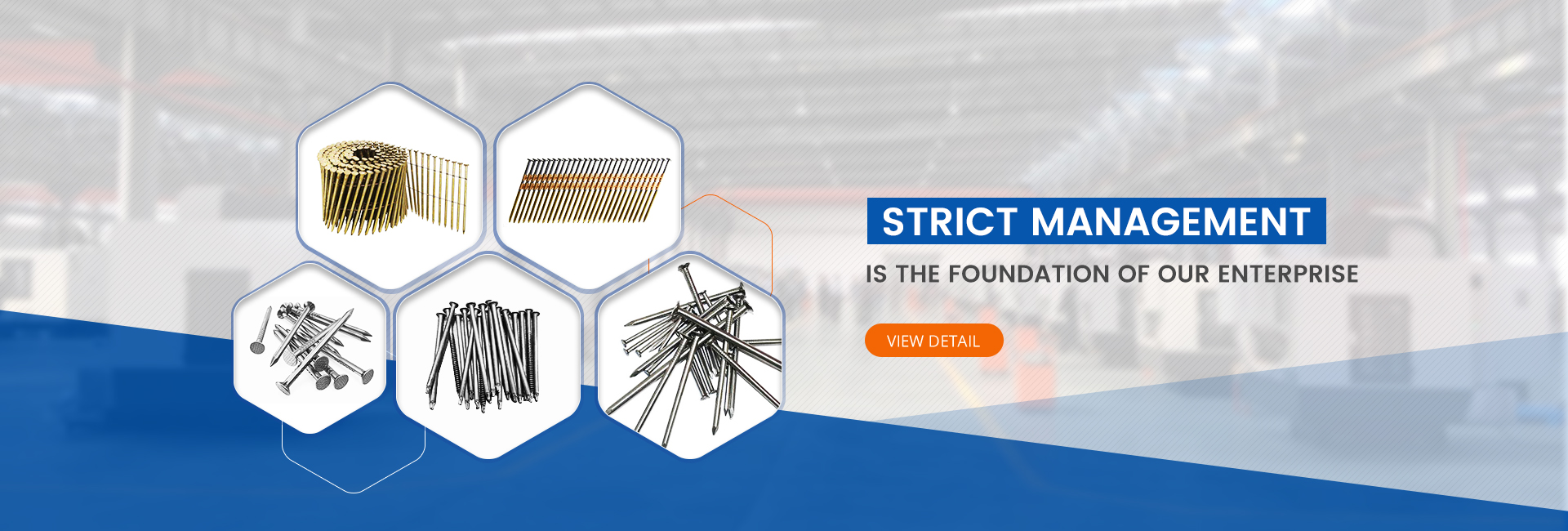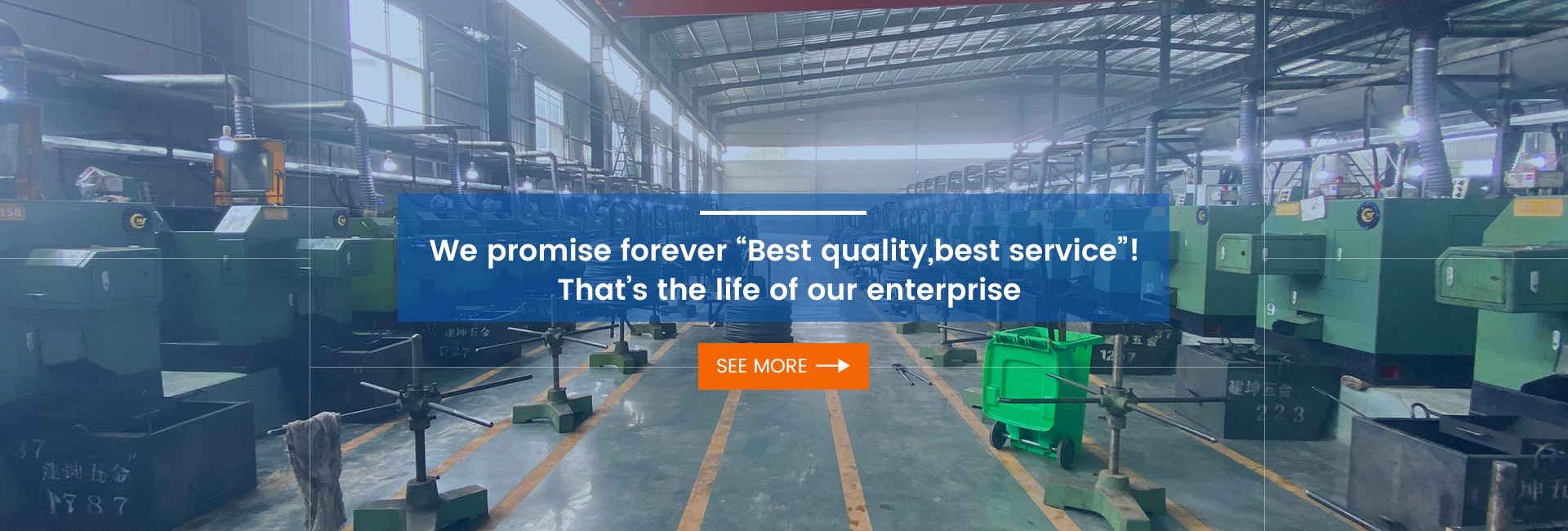Drywall screws are among the most widely used fasteners in the global construction industry, playing a vital role in both structural work and interior finishing. Their importance lies not only in their versatility but also in their ability to provide strong, durable connections that are essential for modern building projects. With the ongoing expansion of the housing sector, office renovations, and modular construction, the demand for drywall screws shows no signs of slowing down.
One of the primary uses of drywall screws is in framing and securing drywall panels. Compared with ordinary nails, drywall screws provide a stronger grip and reduce the risk of loosening over time. This makes them the preferred choice for walls, ceilings, and partitions where structural stability and long-lasting performance are required. In residential housing, they ensure that interior walls remain solid and resistant to movement or cracking.
Drywall screws are also heavily used in interior decoration. Whether it is attaching decorative panels, wooden trims, or lightweight partitions, they offer precision and ease of installation. The sharp point and threaded design make them easy to drive into different materials, while their countersunk heads allow for a flush finish that can be easily covered with paint or filler, enhancing the final appearance of the space.
On a larger scale, drywall screws are indispensable in commercial projects such as office buildings, shopping centers, and hotels. Large volumes of drywall sheets need to be installed quickly and securely, and only high-quality screws can ensure efficiency and consistent results. With the rise of modular and prefabricated construction, drywall screws have also become a standard fastener, enabling faster assembly while maintaining strength and reliability.
The global demand is further fueled by rapid urbanization and infrastructure development. Emerging economies are building new residential and commercial spaces at an accelerated pace, while developed markets continue to focus on renovation and energy-efficient retrofitting. In both cases, drywall screws remain a fundamental requirement.
As construction projects grow in complexity, manufacturers are also producing a wider variety of drywall screws—such as fine-thread, coarse-thread, and corrosion-resistant coatings—to meet specific needs. This adaptability ensures their ongoing relevance in diverse markets.
In conclusion, drywall screws are not just another fastener; they are a cornerstone of modern construction. Their strength, versatility, and compatibility with evolving building techniques ensure that demand will remain strong for decades to come.
Post time: Aug-21-2025



